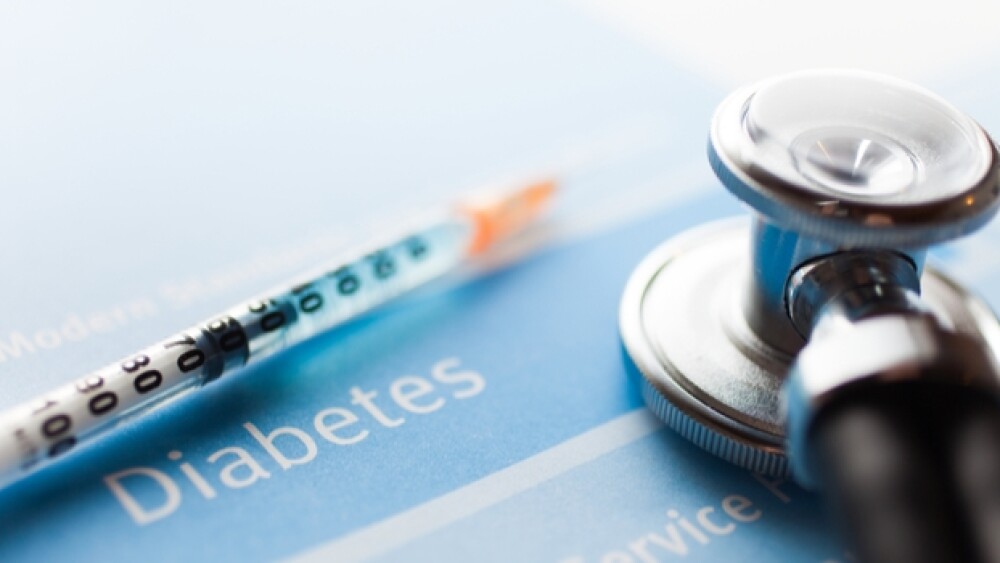Patients without diabetes who develop COVID-19 may be at a higher risk of actually developing diabetes following recovery, recent study claims.
Metabolic comorbidities, including obesity and type 2 diabetes increase the risk of morbidity and mortality in patients who contract coronavirus disease 2019 (COVID-19).
But recent findings published in the journal Nature show that not only are patients with diabetes more at risk of more severe outcomes, patients without diabetes who develop COVID-19 may also be at a higher risk of actually developing diabetes following recovery.
The new study suggests that patients with COVID-19 are at a significantly higher risk of developing diabetes than patients not infected by the novel coronavirus. While the study findings are alarming, researchers are trying to identify whether the virus negatively affects insulin-producing cells from the pancreas or if there is another mechanism underlying the increased diabetes risk.
A research team led by Ziyad Al-Aly, M.D., the director of the clinical epidemiology center at Missouri’s Veterans Affairs St. Louis Health Care System, was one of the first to find that survivors of COVID-19 had a 39% increased likelihood of developing a new diabetes diagnosis within six months following infection compared with noninfected patients. This increased likelihood translates to approximately 6.5 additional cases of diabetes for every 1,000 non-hospitalized patients with COVID-19.
In hospitalized patients, that probability rate rises to 37 per 1,000 patients, and further increases in patients admitted to the intensive care unit.
Al-Aly’s Nature study data were published just under a month after a U.K. study found that 50,000 hospitalized patients with COVID-19 had a 50% increased likelihood of developing diabetes approximately 20 weeks following discharge compared with matched control patients.
Several pathways involved in the development of diabetes in patients infected with the novel coronavirus have been proposed. While theories have suggested COVID-19 may affect the pancreas and negatively impact cells that produce insulin, it has also been indicated that a rise in sedentary lifestyles during the pandemic may also be a contributor.
Additionally, the stress of having the infection, the increased uptake of steroid therapies to improve survival and the increased utilization of healthcare resources to help unmask a previously unidentified diagnosis have also been posited.
“We have a risk of seeing a clash of two pandemics,” said Francesco Rubino, chair of metabolic and bariatric surgery at King’s College London, in an interview with Bloomberg.
In collaboration with Paul Zimmet, a professor of diabetes at Melbourne’s Monash University, Rubino established a worldwide registry comprising COVID-19-related diabetes cases. Nearly 500 clinicians across the globe are sharing data using this registry.
Participating doctors are uploading known risk factors, clinical features, lab results, treatments, and disease course of their patients. Ultimately, there’s hope that the pooled data from this registry will assist in identifying a prevalent form of the disease, in addition to potential causes and prognosis. Up to 350 cases have so far been documented through the registry.





